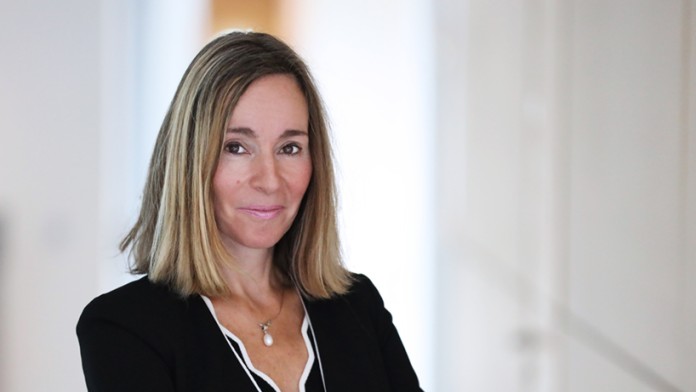Press Release from 2022-01-25 / Group, KfW Development Bank
Road to rail: energy-efficient metro system for the world’s fastest-growing city
- KfW providing around EUR 440 million to assist Indian city of Surat with environmentally and climate-friendly urban development
- Improvements in economic development and the population’s living standards
- Easy access to the metro: expanding pedestrian and cycle paths around stations
On behalf of the German Federal Ministry for Economic Cooperation and Development (BMZ), KfW has today signed an agreement with the Indian Ministry of Finance for a EUR 240 million reduced-interest loan, a promotional loan amounting to EUR 202 million and a grant of EUR 2 million to help build a metro system in the Indian city of Surat. The new mass rapid transit system is intended to reduce road utilisation, greenhouse gas emissions, and particulate and nitrogen oxide pollution. There will also be measures to ensure access to the metro for large sections of the population as well as making the city more walkable, bike-friendly and liveable.
Two lines are to be built, spanning a total length of more than 40 kilometres (25 miles), along with 38 stations and two depots. In addition, the agreement will fund the procurement of up to 24 trains with a total of 72 carriages. To provide easier access to the metro, pedestrian and cycle paths will be extended approximately 500 metres around the metro stations. Funding is also being provided for the signalling system, platform doors, lifts and escalators in the stations as well as soundproofing along the tracks.
“Local public transport in Surat has not been able to keep up with the rapid economic and population growth in the world’s fastest-growing city. This has had a number of negative effects, such as increased greenhouse gas emissions, air pollution, heightened risk of respiratory diseases and road accidents, and loss of economic productivity. Supporting construction of the metro in Surat will improve opportunities for economic development as well as the public’s living standards – and it marks another milestone on the way to environmentally and climate-friendly cities in India,” says Christiane Laibach, Member of the Executive Board of KfW.
Once built, the metro will reduce greenhouse gas emissions by an average of 71,000 tonnes a year.
The total cost of the project will come to around EUR 1.5 billion. Alongside KfW, the French development bank Agence Française de Développement is providing EUR 250 million in funding, the Indian government is providing EUR 240 million, and the state of Gujarat and the private sector are contributing around EUR 600 million.
Information about KfW Development Bank can be found at:
www.kfw-entwicklungsbank.de/en


Share page
To share the content of this page with your network, click on one of the icons below.
Note on data protection: When you share content, your personal data is transferred to the selected network.
Data protection
Alternatively, you can also copy the short link: https://www.kfw.de/s/enkBbm2w.CohA
Copy link Link copied